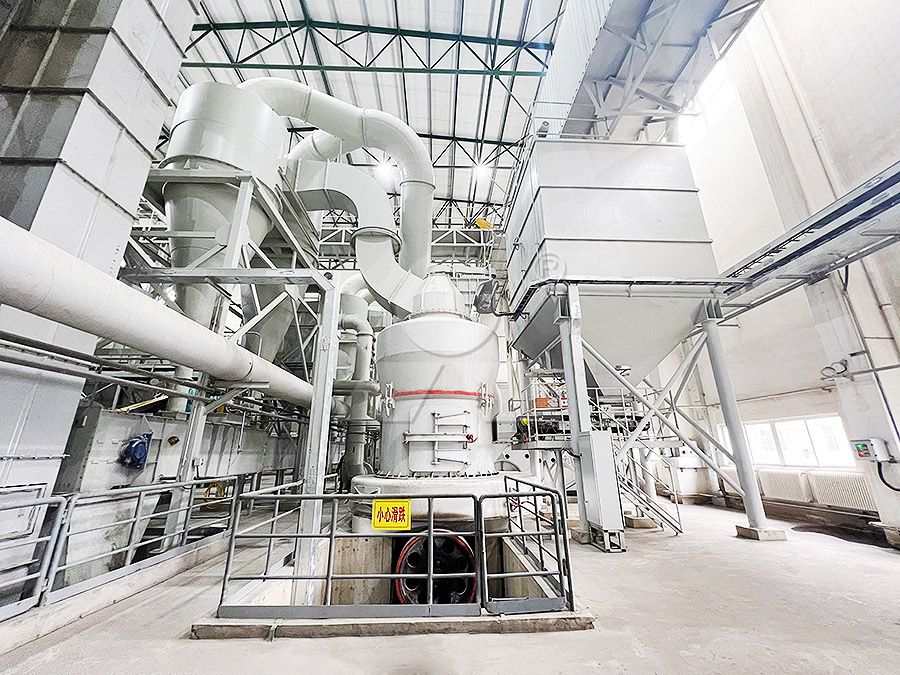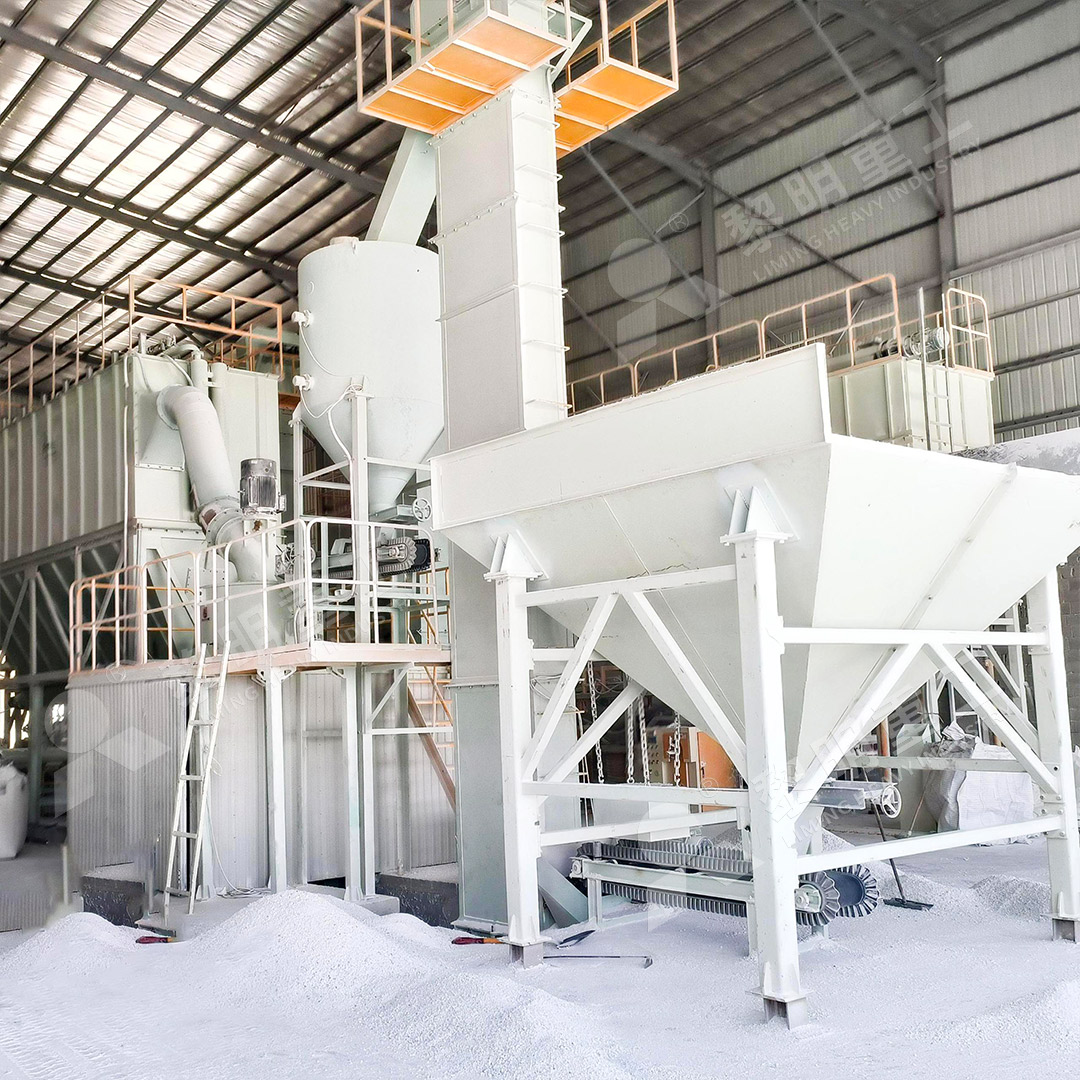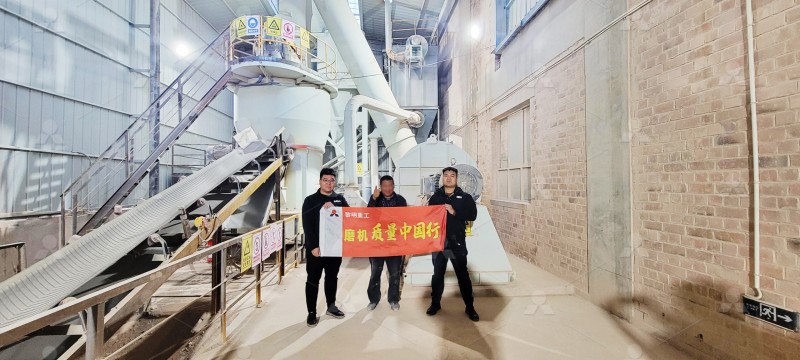Limestone Grinding Mill in Jiangsu: Key Features and Applications
Limestone Grinding Mill in Jiangsu: Key Features and Applications
Jiangsu province, with its rich limestone deposits and thriving industrial sector, has become a hub for advanced mineral processing operations. The region’s commitment to technological innovation and environmental sustainability has driven the adoption of sophisticated grinding equipment capable of transforming raw limestone into high-value powders for diverse applications.

Modern limestone processing demands equipment that balances production efficiency with environmental considerations. The unique geological characteristics of Jiangsu’s limestone deposits require specialized milling solutions that can handle varying hardness levels while maintaining consistent output quality across different production scales.
Technical Requirements for Limestone Grinding
Successful limestone processing in Jiangsu’s competitive market requires equipment with specific capabilities. Operations must achieve precise particle size distribution while managing energy consumption and minimizing environmental impact. The region’s strict environmental regulations necessitate grinding systems with integrated dust collection and noise reduction features.
Production flexibility is another critical factor, as Jiangsu’s diverse industrial base demands limestone powders in various fineness levels – from coarse aggregates for construction to ultra-fine powders for specialized industrial applications. This variability requires grinding mills with adjustable parameters and reliable performance across different operating conditions.
Advanced Grinding Solutions for Modern Operations
Among the various technologies available, the MW Ultrafine Grinding Mill stands out for limestone processing applications. This advanced system handles input sizes of 0-20 mm with capacities ranging from 0.5 to 25 tons per hour, making it suitable for operations of various scales. Its innovative design incorporates German cage-type powder selector technology, enabling precise fineness adjustment between 325-2500 meshes.

The MW series demonstrates remarkable efficiency improvements, delivering 40% higher production capacity compared to jet grinding mills and double the output of traditional ball mills, while consuming only 30% of the energy required by jet milling systems. This energy efficiency translates to significant operational cost savings for Jiangsu-based processing plants.
Environmental and Operational Advantages
Jiangsu’s environmental standards demand equipment that minimizes ecological impact. The MW Ultrafine Grinding Mill addresses these concerns through its integrated pulse dust collector and muffler system, ensuring dust-free operation and reduced noise levels. The absence of rolling bearings and screws in the grinding chamber eliminates common failure points, enhancing reliability and reducing maintenance requirements.
The mill’s external lubrication system allows for maintenance without production stoppages, supporting continuous 24-hour operation that maximizes productivity. This feature is particularly valuable in Jiangsu’s competitive industrial landscape, where production uptime directly impacts profitability.
Diverse Application Spectrum
Processed limestone from these advanced grinding systems serves multiple industries throughout Jiangsu and beyond. The construction sector utilizes limestone powders in cement production and as fillers, while chemical manufacturers employ ultra-fine limestone in various compounds. Additional applications span paint formulation, cosmetics production, pharmaceutical preparations, and food additive manufacturing.

The quality consistency achieved by modern grinding equipment ensures that Jiangsu-produced limestone powders meet stringent industry specifications. The region’s strategic location and transportation infrastructure further enhance its position as a reliable supplier to domestic and international markets.
Future Outlook and Technological Evolution
As Jiangsu continues to develop its industrial capabilities, limestone grinding technology evolves to meet emerging requirements. The integration of digital monitoring systems and automated controls represents the next frontier in grinding optimization. These advancements will further enhance production efficiency while maintaining compliance with increasingly strict environmental regulations.
The proven performance of equipment like the MW Ultrafine Grinding Mill positions Jiangsu’s mineral processing sector for continued growth and technological leadership. With ongoing innovations in grinding technology and process optimization, the region is well-equipped to maintain its competitive edge in global markets.
Frequently Asked Questions
Q: What makes Jiangsu an ideal location for limestone processing operations?
A: Jiangsu boasts rich limestone deposits, advanced infrastructure, and a strategic coastal location that facilitates domestic distribution and international export. The region’s technological expertise and skilled workforce further support efficient processing operations.
Q: How does the MW Ultrafine Grinding Mill achieve higher efficiency compared to traditional equipment?
A: The mill incorporates newly designed grinding curves for rollers and rings, enhancing grinding efficiency. It delivers 40% higher capacity than jet mills and double the output of ball mills while consuming only 30% of the energy required by jet milling systems.
Q: What environmental features are incorporated into modern limestone grinding mills?
A: Advanced systems include efficient pulse dust collectors that eliminate dust pollution, mufflers and noise elimination rooms to reduce operational noise, and fully sealed systems that operate under negative pressure to prevent material escape.
Q: What range of fineness can be achieved with contemporary grinding equipment?
A: Modern mills like the MW series can adjust fineness between 325-2500 meshes, with screening rates achieving d97≤5μm in a single pass, accommodating requirements across various industrial applications.
Q: How do these systems address maintenance and operational reliability concerns?
A: Innovative designs eliminate rolling bearings and screws in grinding chambers, removing common failure points. External lubrication systems enable maintenance without shutdowns, and digital monitoring provides real-time operational data for proactive maintenance.
